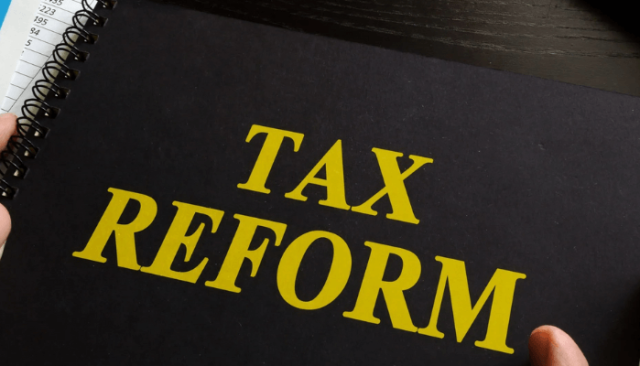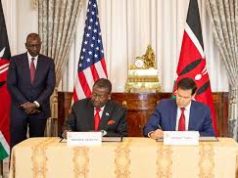The newly inaugurated president of the Chartered Institute of Taxation of Nigeria (CITN), Innocent Ohagwa, has called on tax professionals to take a keen interest in the ongoing tax reform bills, highlighting the significant opportunities they present. Ohagwa made this appeal during his acceptance speech at his investiture ceremony held in Lagos.
The Nigerian tax reform bills, including the Nigeria Tax Bill, the Nigeria Revenue Service (Establishment) Bill, the Nigeria Tax Administration Bill, and the Joint Revenue Board (Establishment) Bill, aim to modernize the country’s tax system and enhance revenue collection. These bills have been passed by the National Assembly and are currently awaiting presidential assent. In his Democracy Day speech, President Bola Tinubu expressed optimism about signing the bills into law, stating, “I am deeply grateful to both chambers for your thorough consideration and deliberation of these bills, and I look forward to signing them into law soon.”
Ohagwa commended the government under President Tinubu for establishing the Presidential Committee on Fiscal Policy and Tax Reform, led by Taiwo Oyedele, whose comprehensive work resulted in the four economic stabilization bills. He urged tax professionals to proactively engage with the content of the bills to maximize the opportunities they offer.
“We hereby commend the government of Nigeria under the leadership of President Bola Ahmed Tinubu for setting up the Presidential Committee on Fiscal Policy and Tax Reform. Members of our Institute are encouraged, as a matter of deliberate effort, to ensure they take passionate interest in understanding the contents of the four bills to enable them to leverage the opportunities that the tax reforms provide to tax professionals and stakeholders,” he said.
Ohagwa outlined several areas where these opportunities lie, including capacity building, advisory services, compliance with new laws, tax planning and optimization, risk management, policy analysis, stakeholder engagement, and dispute resolution. He emphasized that these reforms present tax professionals with a chance to enhance their skills, contribute to national development, and position themselves as critical players in the evolving tax landscape.
Keynote Address Highlights Future of Taxation
In the keynote address, Professor Muhammad Mainoma, former vice-chancellor of Nasarawa State University and Prime University, delivered a paper on the theme ‘The Tax Professionals Of Tomorrow: Skills, Ethics And Innovation.’ He noted that taxation has become increasingly integrated with other business processes, such as corporate governance, sustainability reporting, and digital transformation.
“Tax professionals are now seen as critical contributors to enterprise strategy, providing advice that influences investment decisions, supply chain structuring, and organizational reputation. In this context, the ability to use technology such as data analytics, automation, and artificial intelligence to deliver insights and enhance decision-making is becoming indispensable,” Mainoma explained.
He stressed the importance of ethical conduct in the tax profession, particularly in an era where public trust in institutions is fragile. “Ethical lapses not only harm client interests but also damage public confidence in the tax system as a whole. As such, tomorrow’s tax professionals must be guided by strong ethical principles that balance legal compliance with social responsibility,” he said.
Mainoma further highlighted the role of collaboration in shaping the future of taxation. “The future of taxation lies in collaboration between tax professionals, government agencies, technology providers, and the public. Collaborative tax platforms, such as open APIs, allow the integration of private systems with government portals, simplifying filing and reporting. Engagement with taxpayers through education, surveys, and feedback loops enhances voluntary compliance and trust. Furthermore, collaboration between regulators and professionals leads to more practical, inclusive, and adaptive tax policies,” he concluded.
As Nigeria prepares to implement these landmark tax reforms, the call to action for tax professionals is clear: embrace innovation, uphold ethical standards, and actively engage with policymakers to drive sustainable growth and development in the nation’s tax ecosystem.
Follow us on Instagram.
https://www.instagram.com/businessnewsng?igsh=ZXpweTdjOGF1ZXdu

























